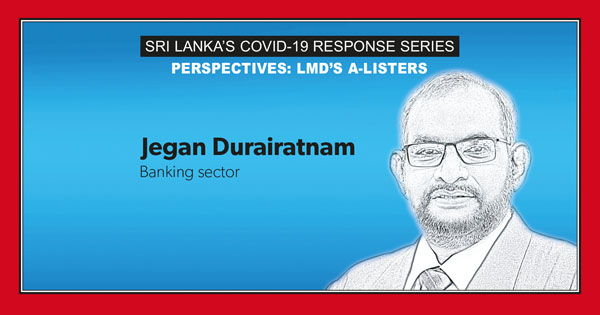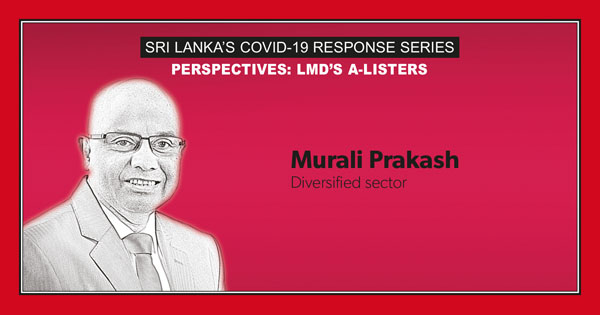A RESPONSE LIKE NO OTHER IS NEEDED
A: We don’t know what the ‘new normal’ means. We frame our projections and scenarios based on our historic experiences and knowledge. None of us have experienced a crisis of this scale in the past. Therefore, we’re simply reacting to it on a day-to-day basis, which appears to be the current ‘norm.’ This is dangerous.
This is a global crisis like no other. Hence, it requires a response like no other. As a business, the priority is to stay afloat, pivot and survive the crisis. To do this, everything is on the table. Any contract is negotiable. Every line item in your profit and loss needs to be scrutinised.
It is very important to understand that the so called ‘normalcy’ will not return for at least 12 months. Thereafter, it will be a new world with economic devastation never seen before. Plan for this worst case scenario and ensure you have a 12 month cash runway in place. This is the priority for any business.
Q: What lessons have we – the business community – learnt from this crisis?
A: It’s too early to answer this question as the crisis is still unfolding. The only thing we know for certain is that we have to act decisively and unemotionally. We have to work differently as the old reality will cease to exist – and it is debatable if we will ever see the old world again.
Some of us recollect air travel without the tight security that is standard practice today. In fact, some of us remember no security at all. This pandemic will change behaviours and practices in a manner similar to how airport security changed the way we travel. The way we shop, travel and interact will change drastically. Businesses will have to re-tool and reinvent themselves to succeed in the new post COVID-19 world.
Q: What is the outlook for jobs and employment in the medium term? And how should the authorities address the prospect of rising unemployment?
A: The outlook for jobs and employment in the immediate to medium term isn’t promising as enterprises take the necessary steps to ensure organisational survival. At its least extreme, this could entail salary cuts and a restructure of compensation scales, but as we visualise the future and what the market might become more steps might be needed by a business to resize, requiring drastic decisions such as having to lay off a layer of management for example.
In addition to this, daily paid workers and those working in the SME sector have been badly impacted. Unfortunately, as has become apparent in most countries, unemployment has begun to skyrocket and Sri Lanka is not immune to this. In my view, the state must begin to provide liquidity to the banking system, and key industries and sectors, to sustain economic activity and employment. If the economy cannot be sustained, the situation for the market and the public will become untenable.
[wprpw_display_layout id=2]






